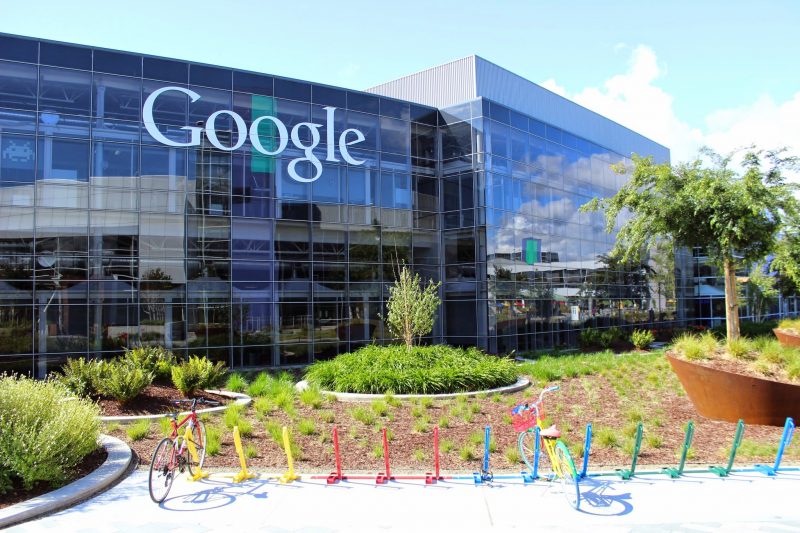 POLICY
POLICY
 POLICY
POLICY
 POLICY
POLICY
The European Commission and the U.K.’s competition regulator will investigate an agreement dubbed Jedi Blue that Google LLC and Meta Platforms Inc. signed in 2018.
The move was announced today. The European Commission and the U.K.’s competition regulator, the Competition and Markets Authority, are launching parallel antitrust probes of the Jedi Blue agreement. Regulators are concerned that the agreement may have reduced competition in the advertising technology market, where Meta and Google are the two largest players.
Meta pushed back against claims that Jedi Blue may have reduced market competition. The company said in a statement today that its agreement with Google and related deals with other firms “helped to increase competition for ad placements.”
Jedi Blue was first publicly detailed in 2020 as part of an antitrust lawsuit that a group of state attorneys general brought against Google. The lawsuit stated that Google and Meta, then known as Facebook Inc., signed the agreement in 2018. The agreement is said to have focused on a technology called header bidding that plays an important role in the online advertising market.
Publishers sell ad space on their websites through online auctions known as ad exchanges. In an ad exchange, multiple companies bid for a publisher’s ad space and the company with the highest offer wins.
Header bidding, the technology at the center of the Jedi Blue agreement between Google and Meta, is a technique that publishers use to fetch higher prices for the ad space they sell. Usually, a publisher sells ad space through a single ad exchange. With header bidding, a publisher can make its ad space available through not one but multiple ad exchanges, which makes it possible to draw more bids and thereby fetch higher prices.
Google provides the industry’s most popular tools for hosting the ad auctions through which publishers sell ad space. According to the 2020 antitrust lawsuit in which Jedi Blue was detailed, the agreement was designed to give Google’s ad auction tools an unfair advantage over competing services.
Meta processes many online ad purchases through its Meta Audience Network platform. In 2017, the company announced a header bidding initiative through which it would have routed ad purchases not only to Google’s ad auction tools but also to competing services. As a result, Google would have received only a portion of the revenue from those ad purchases.
After signing the Jedi Blue agreement, Meta is alleged to have “curtailed its header bidding initiatives and instead bid through Google’s tools.” Court documents stated that Google in return gave Meta a “number of special advantages,” including access to valuable ad data.
In the announcement of its new antitrust investigation into Jedi Blue, the European Commission stated that the agreement may have reduced competition in the display advertising market. Regulators believe the agreement may have breached the European Union’s competition laws.
“Many publishers rely on online display advertising to fund online content for consumers,” stated European Commission Executive Vice President Margrethe Vestager. “Via the so-called ‘Jedi Blue’ agreement between Google and Meta, a competing technology to Google’s Open Bidding may have been targeted with the aim to weaken it and exclude it from the market for displaying ads on publisher websites and apps.”
The U.K.’s Competition and Markets Authority, in turn, said that it’s launching its separate antitrust probe with the goal of determining whether Jedi Blue limited market adoption of header bidding technology. Additionally, the regulator will evaluate if the agreement limited the ability of other firms to compete with Google’s advertising tools.
“We’re concerned that Google may have teamed up with Meta to put obstacles in the way of competitors who provide important online display advertising services to publishers,” stated Competition and Markets Authority Chief Executive Andrea Coscelli.
Responding to the antitrust investigations, Meta told CNET in a statement that “Meta’s non-exclusive bidding agreement with Google and the similar agreements we have with other bidding platforms, have helped to increase competition for ad placements. These business relationships enable Meta to deliver more value to advertisers and publishers, resulting in better outcomes for all. We will cooperate with both inquiries.”
THANK YOU